Fergus McIntosh is head of the fact-checking department at The New Yorker. He is also the first fact-checker I ever worked with at the magazine, for an essay about Sigrid Nunez’s novel What Are You Going Through. Working with McIntosh and the members of his team over the last five years has taught me how attentive, precise, and probing fact-checkers can be. Their department has also taught me what, exactly, a fact is. Or rather, they have taught me how to think about facticity with the necessary rigor, and how that applies to every aspect of a magazine: the articles, the reviews, the fiction, the poetry, and even the cover art. As McIntosh and I discuss in our conversation, the fact-checker functions as a different kind of editor—one who regularly saves the writer from her own faulty memory, her imprecise paraphrases, and her over-hasty interpretations.
Merve Emre: Often, a fact-checker is an entry level position for someone who wants to work at a magazine. Tell us about your journey from England to fact-checking at The New Yorker.
Fergus McIntosh: I started working at The New Yorker two years after I graduated from college. In the time in between, I’d worked in a cheese shop in London. (Hamish Johnston, shout-out.) I learned a lot about cheese and the Christmas rush. Then I moved to New York City, where I worked as a dog walker, which was very educational—I learned all about New York City that way. One night, I went to an event for The Moth, the storytelling series you might have heard on NPR, and a friend of a friend of a friend of a friend had brought Dexter Filkins, who’s a staff writer for The New Yorker. We chatted for a bit, and afterward I got hold of his e-mail address. I wrote him and said, I’d like to be your research assistant. And he was like, Hell no. And then I wore him down.
How did you wear him down?
I just e-mailed him to say, Are you sure you still don’t want me to be your research assistant? Eventually I guess he just got so tired of saying no that he allowed me to work for him. I told him he didn’t need to pay me. And of course he did.
So I worked for him for a bit, and I did either a good enough job or such a bad job that he wanted to get rid of me. He recommended me to Peter Canby, the person who’s responsible for the quality of fact-checking at The New Yorker. I’m just an inheritor of his mantle. He used to run the department. I started at the magazine in 2015 and worked as a fact-checker for five years, and I’ve been running the department since 2020.
Tell us what goes into fact-checking a piece for the magazine.
The way I think about fact-checking is that it breaks down into three elements. The first, and probably the most obvious, is research. If we are running a piece about Wesleyan University, I’m going to have to read through Wesleyan’s publicity materials, its history, and learn everything that I can. And then head to a book, or more likely Google, to get individual factoids. It might be stuff that’s very small. It might be stuff that’s large. But reading around the subject basically.
Then there is the reporting element of fact-checking. For any reported story, we aim to speak to everyone who is mentioned in a story. That’s not just the people who are quoted by the writer or the people the writer has talked to. If Andrew, in the front row, has written a piece in which he quotes Merve, I’m going to call Merve and have some questions for her. But if Merve has said something about Caroline, also sitting in the front row, then I might also talk to Caroline and see if Merve’s characterization of the terrible things she saw Caroline doing are true. Caroline might say, Absolutely not. And I’ll say, Oh gosh, that’s so interesting. Can you tell me more? Maybe Caroline will convince me. She probably won’t, but I do want to hear from everyone who’s in a story—to a point.
If we have a story that says the President was seen walking through the Rose Garden, I’m not going to call up the White House and insist on speaking to the President. I can just go to the wire services and look at the photographs. But the principle is: we want to talk to everyone who’s mentioned in a story and ask whether they agree with the characterizations of them made by the writer. We might make the changes they’re requesting, we might not. Often we will make changes they have not requested, because they’ve incidentally shown us a weakness in the piece. But now we can tighten it up and defend ourselves against potential criticism.
The third element of fact-checking—once you’ve done all of your research, and once you’ve spoken to all the people—is editing. Fact-checking is, in its way, a form of editing. It’s a very specialist form of editing. You’re not editing so much for flow and narrative, or the things that someone whose job title is “editor” might be thinking about. You’re editing for accuracy, you’re editing for balance and fairness, and you’re trying to make the piece as factual as it can be, while still—in my book, this is just as important—reading really well, communicating what it is the writer wants to say. Not just making the piece an inert list of facts on the page but something that speaks to people.
Having been fact-checked often, I now write with the voice of the fact-checker in my head. Every time I put one word next to the other, I’m thinking, “Will this pass muster with the checker?” How do you approach your relationship with writers? I imagine some people are quite compliant, others a little more combative. And of course, as a good fact-checker, you should begin your answer to me with “perhaps” or “often,” instead of a definitive statement.
“I wonder…”
“One wonders…”
“The reader might wonder…”
A fact-checker at The New Yorker once called my mother, who really disagreed with a characterization of her I had given in a piece. That can be a tricky situation, both with the source and with the writer. So, one wonders, how do you approach those conversations with the writer?
This is going to sound schmaltzy, but it should be a collaboration, right? I do think there’s a misapprehension that the fact-checker is coming in to slash and burn your piece. That’s certainly not how the approach should be. Now, sometimes it’s tempting if someone is not being compliant, as you put it, but no, what I want checkers to do is to remember that we’re all aiming for the same thing: a good piece that does not have errors in it.
Also, the writer has worked hard at this thing. They’ve worked on it for many days, weeks, months, even years. The checker then comes in, and we’ve got, say, two weeks with the piece. That might feel like quite a long time in some ways, but it pales in comparison to what the writer has done. So there’s a kind of emotional management to be done with the writer.
Your checkers always begin every e-mail to me with, “Thank you for your beautiful piece on…” I’ve flagged that as a technique of emotional management.
Guilty. A little flattery never hurts, does it? I think it’s good to acknowledge the hard work that has gone into the piece. It’s good to get the person on your side so you can work together. When that doesn’t happen, you lose something. Because who is your best source for a piece as a checker? The writer. They know the subject better than you do. At least they know their version of the subject better than you do. Now, as a checker, you want to be independent enough to say, Okay, I’m really interested in the way you’ve put this story together, but I see it a little differently. You want to have built a relationship with the writer where they don’t take offense, and you need to keep enough distance so that you don’t get too bound up in their sense of the story.
Can we see how this actually works?
Yeah, I’ve got a couple of examples here. The first one is from a piece in this week’s issue, a profile of Javier Milei, the president of Argentina, by Jon Lee Anderson—a storied reporter for the magazine who is basically on a grand tour of Latin American capitals right now, writing profiles of various presidents. Milei, I think, wouldn’t have done an interview with just anyone, but he did one with Jon Lee. I’ll read the first couple of sentences from the second act of the piece:
Buenos Aires, built along the lines of Paris, has a city center of neoclassical public buildings, wide avenues, and grand parks. Despite the economic downturn, it retains a feeling of cosmopolitan refinement, with a thriving café culture and a world-class opera house; its residents are pleased to discuss their cultural linkages to Jorge Luis Borges, Julio Cortázar, Carlos Gardel, and Lionel Messi. Yet in the outskirts of the capital, ringed by vast slums that the locals call “villas miseria,” the deterioration of recent decades is impossible to ignore.
Okay, so there’s quite a lot here. This is a paragraph designed to inform the reader, to give the reader a real grounding in what the meat of the piece is going to cover. We’ve had a flashy opening, a fast-moving scene that pulls you in and makes you think, Oh, this is interesting. I want to read this. Now we’re about to turn to the part that’s saying, Why do we actually care? Why is it important to learn about this guy, Milei? Where does he come from? What is the context in which he exists?
Can I try my hand at the first sentence?
Yeah. So Merve, tell me—what are some facts in this first sentence we might want to check?
Was Buenos Aires built along the lines of Paris?
What do you think it means for Buenos Aires to be built along the lines of Paris? How would we be checking that?
I would probably read about the history of Buenos Aires to see if its city plan was a Haussmann-esque plan, and if it was, I would feel okay saying it was built along the lines of Paris.
Great, so you’re starting from a position of some knowledge. You know Haussmann did the city plan of Paris in the nineteenth century, when the old medieval city was bulldozed. I assume what this means is that something similar happened in Buenos Aires. So grand boulevards, wide avenues, parks, neoclassical public buildings. It also suggests, to me, there was a master plan for Buenos Aires. Or that’s the implication. If that’s not the case, I might suggest a little change. It probably also indicates something about the aesthetics of the place. If it had a grand city plan but every building is a 1960s brutalist hunk of concrete, then we probably would not say that Buenos Aires was “built along the lines of Paris.”
Does Buenos Aires, in fact, have a city center?
Does Buenos Aires have a city center? A reasonable question. Not every city does. Los Angeles doesn’t really have a city center.
If somebody wrote into the magazine and said, “I have a bone to pick here. I don’t think Buenos Aires has a city center,” what would your response to that be?
I would talk to the checker who worked on the piece. I would ask him why he decided to pass this through. I imagine the answer would be something along the lines of, “Well, maybe it’s not a city center in the European sense, but we’re talking about the center of the city, and we’re talking about the city plan here, so this felt reasonable within the context of the piece.”
Back to the sentence. I want to know: Does Buenos Aires have public buildings? Are those buildings neoclassical? Does it have avenues? Are they wide? Does it have parks? Are they grand?
Does it have parks? Are they grand? That’s a little trickier. Or not tricky, exactly, but it’s less straightforward. Does it have parks? Okay, that’s easy enough to determine. But are the parks grand? Now you’re thinking about the reader. How are they going to receive this descriptor of “grand” in reference to parks, in the context of this sentence? Maybe there are some neoclassical buildings around the park, and maybe the park has broad avenues and lovely elm trees. But if it’s like the park in my neighborhood on the Lower East Side, it ain’t grand. It depends on the eye of the beholder, and we have to try to reach some kind of reasonable average.
Have I missed anything in that first sentence?
Well, is Buenos Aires spelled that way? That’s basic but it’s amazing how many typos can slip in. Even when you have the writer, editor, checker, and copyeditor reading the piece again and again and again, they can do something like misspell Buenos Aires. The last thing that many of my colleagues do is check proper nouns, just go through, after having done all the complicated, difficult, worthwhile work that makes you feel like there’s really a reason why you’re employed at this magazine, and do a glorified spell check. If you catch something, you think, God, I could have totally undermined everything else that I just did.
Let me jump to the next sentence to identify a different kind of statement of fact: “Its residents are pleased to discuss their cultural linkages to Jorge Luis Borges, Julio Cortázar, Carlos Gardel, and Lionel Messi.” How does one check that the residents are pleased to do anything, let alone discuss their cultural linkages to these particular figures?
Well, obviously, you speak to every one of them and take a full survey.
No. First, you want to make sure that all these people listed are actually linked to Buenos Aires. Were they born there? Did they live there? Did they write about that place in particular? In this selection, we’ve got everything from a writer to a football player. But if we were missing Messi, for example, a checker might suggest adding him to the list, so that it was not just famous literary figures. That suggestion is not exactly a factual one, but it would be good to mention.
How would we then check whether the residents are pleased to discuss these figures? Well, as a checker on this piece, you’re probably going to be talking to quite a few residents of Buenos Aires. So you could ask them directly, if you’ve established a sort of rapport. You could say, “This is a bit of a funny question, but the writer says that in Buenos Aires, people are really proud of links to cultural figures, such as Borges and Cortázar. Do you think that makes sense?” And they might say, “Absolutely not. Nobody here talks about Borges. He’s totally out of fashion.” That kind of thing does happen. It might be that the writer has this impression because they spent time in Buenos Aires thirty years ago or read a book that makes this claim. So it can be useful to talk to people who have the experience themselves. You could also read around online or trawl around on Facebook to see how the Lionel Messi fan club of Buenos Aires is doing. Is it thriving? I think it probably is.
Even though this is ultimately a softer, squishier, fuzzier fact, there is still work you can do. In some ways, it’s the sort of fact that can really put a reader off. For an informed reader, somone from Buenos Aires, if we said something that just didn’t make sense anymore, it could really ring a wrong note and give the impression that we don’t know what we’re talking about.
Could we talk about fact-checking poetry? I was pretty amazed to discover that the magazine checks the poems and the fiction it publishes. When I advertised this event at Wesleyan, I shared a poem by Charles Simic, “The Lover,” that you said had been published with an error. Here’s part of the poem:
When I lived on a farm I wrote love letters
To chickens pecking in the yard,
Or I’d sit in the outhouse writing one to a spider
Mending his web over my head.
Did anybody in the audience spot the error of fact in the poem?
Audience Member: The male spider?
Is it the male spider, Fergus?
It is the male spider. Very impressive. Okay, so apparently there are—and don’t fact-check me on this—there are like two species of spiders in the world in which the male spider spins a web. Or it’s very unusual anyway, and probably not one of the spiders on Charles Simic’s farm. So why does that matter? Well, one perfectly reasonable answer is it absolutely doesn’t. This is a poem, people. It’s not making a claim of factuality, right? It’s trying to express something about the writer’s inner life, about their emotions, about their impressions of the world. Whatever it is that poetry does, and there are many people much better qualified than me to talk about that. But it is a kind of realist poem, right? You know, it’s not “Jabberwocky.” It’s talking about real things in the world, barnyards and chickens and trucks and broken hearts and spiders. But I like this example because it’s so small, boring, and specific, and it gets to the reason that we do this kind of work.
It’s a little easier to talk about with fiction than poetry. Say you are writing a story set in New York City on 9/11, about the small happenings of somebody’s domestic life as something momentous is happening downtown, and there are time markers the writer is using to establish a sense of impending doom, and the time that the writer has said the second plane hits is wrong. Well, for a big portion of readers, that’s a major event. A big portion of readers will get stuck on that and think, Hang on a second. That’s not right. That might then break the spell of the piece for them. For whoever it was who, amazingly enough, read the Simic poem and thought, Hang on a second, there are no male spiders that spin webs—clearly, this took them out of the moment of the poem. But maybe it doesn’t matter. Maybe in Charles Simic’s fictional or poetic universe, male spiders spin webs. Maybe in the fictional universe of this fictional piece of fiction about 9/11 that I just made up, the plane hit the second tower at a different time. Does that matter? Absolutely not, unless the writer intends it to. So this putative story, this real poem, they are kind of little literary machines. They’re trying to achieve something, an effect. And for a certain portion of readers, if they have an error of fact in them, the machine breaks. It doesn’t work.
Every time I check a piece of fiction, I indicate to the writer before I give them any notes that it is very much up to them whether they want to incorporate my suggestions, because it is fiction. We’ll say, Okay, so Flaubert actually hadn’t published any novels at the time that you say in this piece. So you can’t reference the two novels under his belt already. And they might say, I don’t really care. And we’ll say, Cool. Thumbs up. That’s great. It’s your story. But quite often, they do care, and that’s gratifying. We’re fact-checking because we want to represent the world accurately. We’re also fact-checking because we are trying to have a piece that works on its own terms. So when we have an error, it’s likely that 99 percent of people don’t know it’s wrong. It’s not substantial. It has no legal risk. It has no reputational risk. For the magazine, one could say it doesn’t matter. But for a certain number of readers who know that the thing is wrong, you lose them. You break the flow. And in fact, maybe you lose not only their attention and their engagement in the story but you lose a bit of their trust as well.
The New Yorker also fact-checks covers. We have an example here from a July 2019 issue of the magazine. I wonder if anybody can spot the error of fact in this cover that Fergus has given us.
Audience Member: The person has two right feet?
Fergus McIntosh: The person has two right feet! Amazing. I’m so impressed with people who have a grasp of basic anatomy, because I fact-checked this cover and I allowed The New Yorker to publish it.
Shame, eternal shame, Fergus. Now everyone who reads is going to think all people have two right feet.
Exactly. How will they know? It would have been so much better if it was two left feet, because we could have said it was a joke, but there’s no joke for two right feet.
I used to have the happy job of checking the covers every week, which was something that I just volunteered to do. It took, like, ten minutes. I would sit with the covers editor and say, “Actually, you have the wrong number of stripes in the American flag.” Almost every time, there would be the wrong number of stripes in the flag. I feel like Françoise Mouly, the covers editor, puts that in to test us.
With this cover, I thought, Okay, hot dog vendor on a beach. People looking out to sea. They do that. Umbrellas stand up in sand. People do lie on towels. That’s all true. Sometimes they even put hats over their eyes and go to sleep. Check. The hot dog vendor has a beer. Could there be a beer on the beach? I’ve taken beer to the beach, even though it’s against the rules. So I guess it could be true. Does the angle of the sun and the shadow makes sense? I remember thinking, This is on Rockaway Beach at like midday. I checked to see whether the angle of the beach and the shadow made sense. And it did. I was really trying to find something wrong. But I totally missed the two right feet.
So I like this example both because I enjoy the ritual humiliation of telling people about my own mistakes—
You are English, after all.
Exactly. Deprecation is the whole game. But I also like this example because the checker’s biggest enemy is assumption. I assumed that the person had the correct number of toes and fingers, left and right feet. I looked at it, and it just looked right to me.
It’s actually one of the hardest things that checkers have to do is disobey their own inclination to assume, which is something we do all the time, of course. It’s basically impossible not to.
I’m curious how you think about fact-checking books pieces, in particular where there’s a certain amount of fact, a certain amount of paraphrase, a certain amount of quotation, but also a good deal of interpretation and judgment. How do you think about what people can be held accountable for, in a factual sense, when it comes to their own literary analysis? As a critic, when I’m reading other critics, I sometimes think, “Man, this person was deeply unfair to the writer in a way that one of Fergus’s fact-checkers would never have let me get away with.”
This is one of the more interesting parts of the job, and it gets back to what we were talking about regarding the relationship between the writer and the checker. My particular way of addressing this with checkers is to talk about leaving a space for critical judgment, for interpretation, and not to assume that everything is a hard fact, or can be. I think any subtle reader knows there is a difference between saying “the sky is blue” and saying “John Milton is great.”
No, no, no. There’s no difference.
I’m afraid there is, Merve. One of them is an opinion. Of course, that opinion is perfectly reasonable. It can be reasonably held. The way to assess whether it is reasonably held is to think about the underpinnings of that opinion. Has the writer actually read enough Milton and enough of the secondary literature to make that critical judgment? There’s a question of authority with criticism. Now the checker almost certainly doesn’t have the same kind of authority. Otherwise, they would be the critic.
Next, you might think, Okay, so there’s a broad knowledge and a broad authority here. What about the specific elements that have been used to construct this opinion, this judgment that Milton is great? It’s a very bold value statement and is not a good example for this. But if you have something that is a bit more subtle, a bit more specific, I’ll ask the critic to tell me what they’re basing their opinion on.
How about this: “Paradise Lost is a scandal: a monument to dead ideas, a petrification of the English tongue.” There’s something subtler.
Isn’t that good?
It’s not me. That’s Geoffrey Hartman. I wish it were me.
Well, I assumed it was you. This shows what I know.
So Hartman calls Paradise Lost a monument, a scandal, a petrification of the English tongue. The fact-checker might ask: What are you using to come up with that idea? Give me some examples. Give me some parts of Paradise Lost that help me understand why this is a reasonable thing to say. Which verses do you think are particularly petrified? What is monumental about the poem? And what is its position within the English language, within English literature, that allows us to say this? I’m kind of floundering because I’ve never read Paradise Lost—I’m ashamed to say.
My God.
I shouldn’t have said that. It’s on my bookshelf!
But, yeah, we want to look at the authority of the critic and what they are using to come up with their judgment. Although it is a difficult thing for a checker to do, especially when they don’t have much time, we also want to figure out: Is the critic being fair? Have they missed some huge, obvious counterargument? If it’s something that’s purely a value judgment, it’s fair to be unfair sometimes—so long as you have a reason to be. But are you purposely eliding something that would show this is not true? Can we qualitatively disprove that Paradise Lost is a petrification of the English tongue by pointing to all the very fluid examples therein that I obviously don’t know? Maybe. And maybe I would point that out to you as a critic. But having done all that, we still want a piece that actually expresses the writer’s opinion. We don’t want to sand it down into some book report. It shouldn’t just be like, This is what everybody agrees is the right way to think about this thing. I’d much rather have a surprising, heterodox opinion, something that stretches my understanding as a reader.


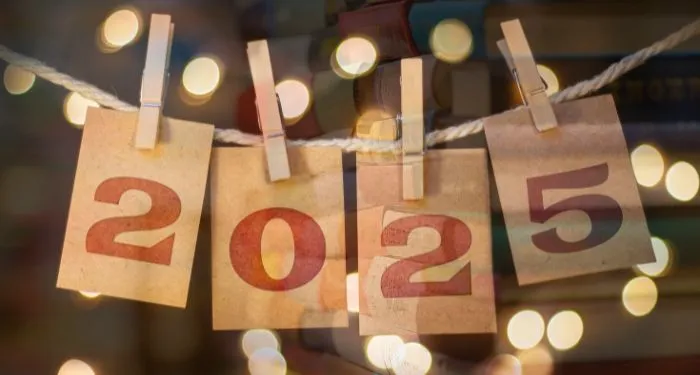
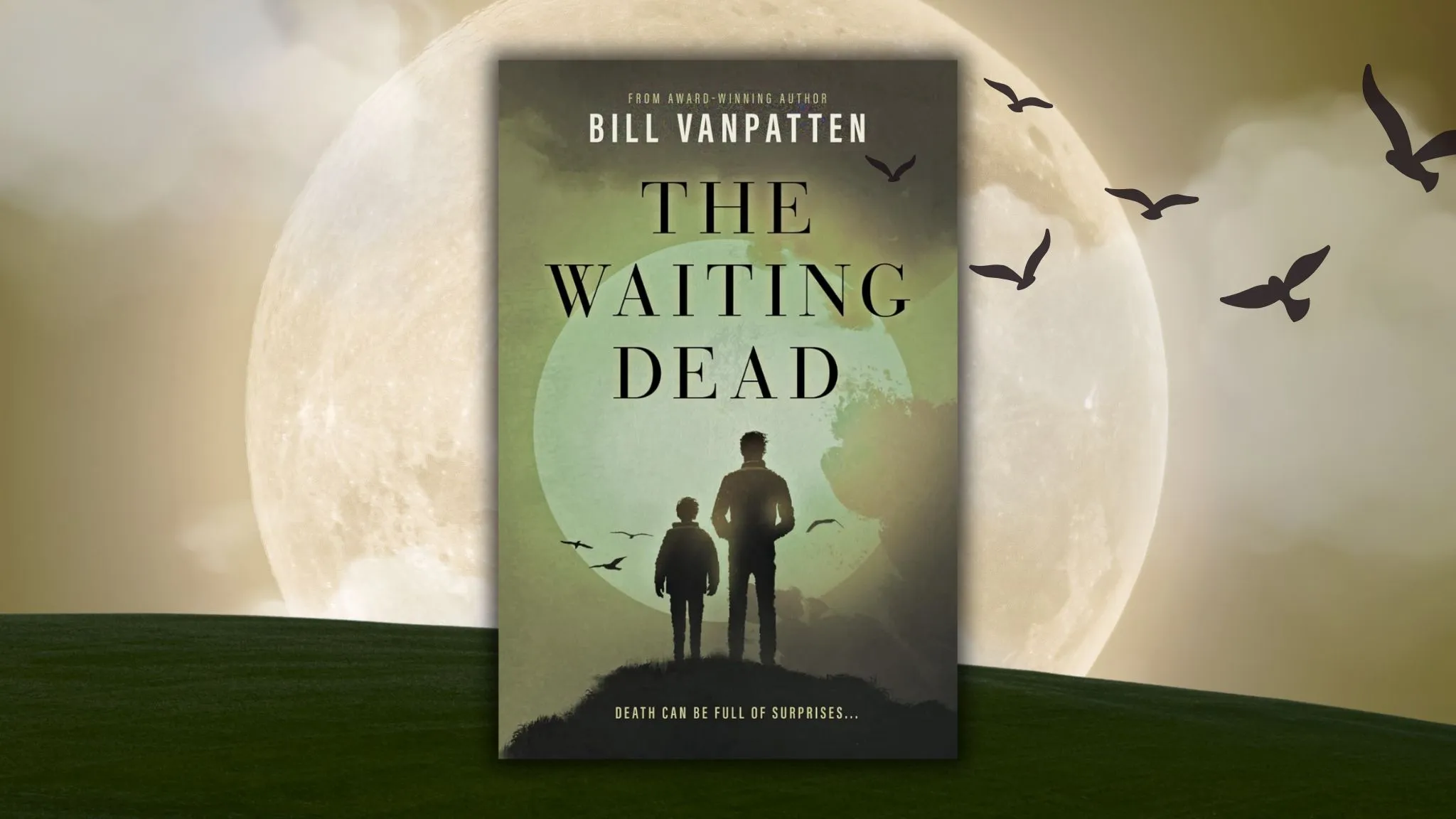
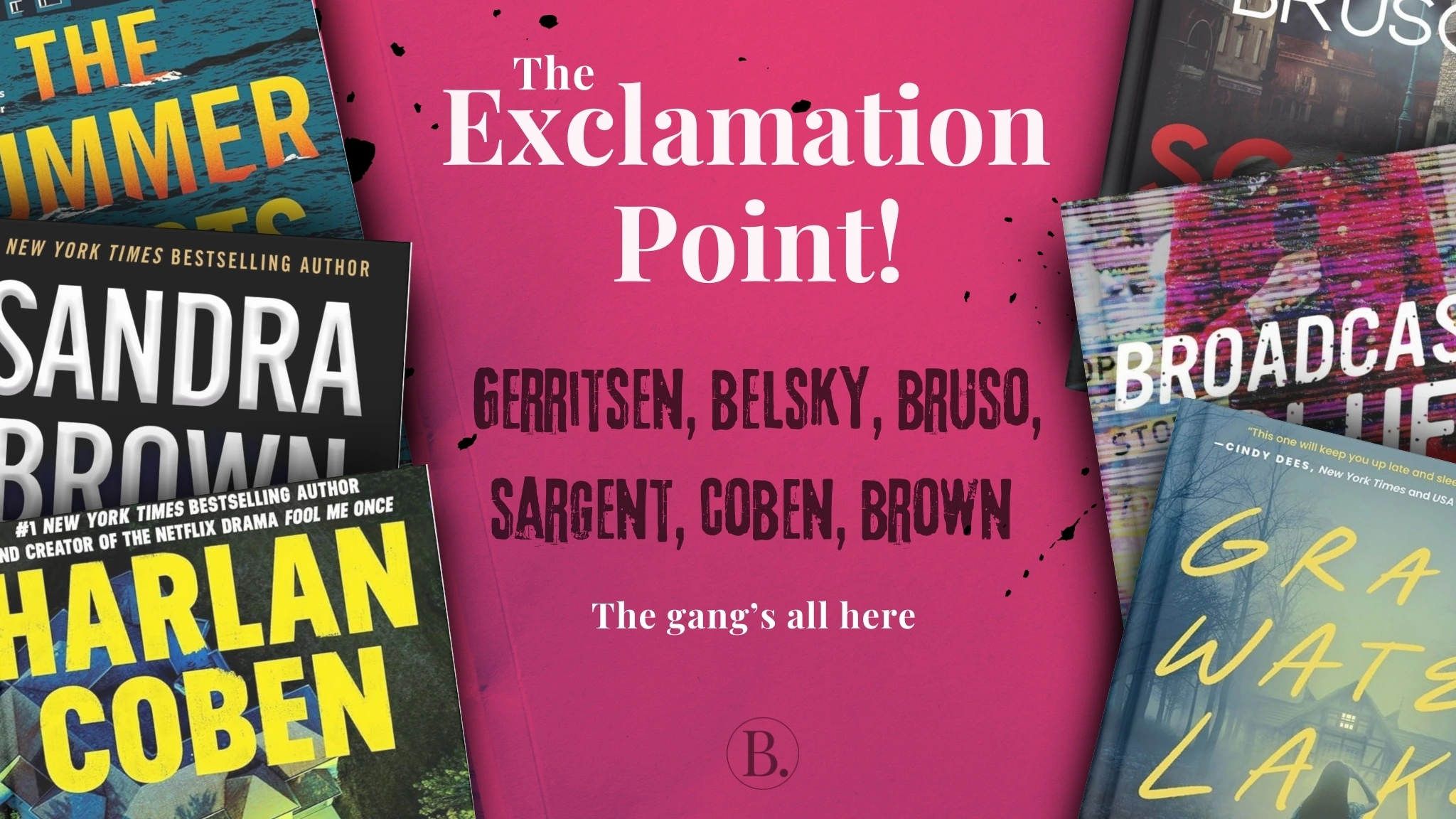
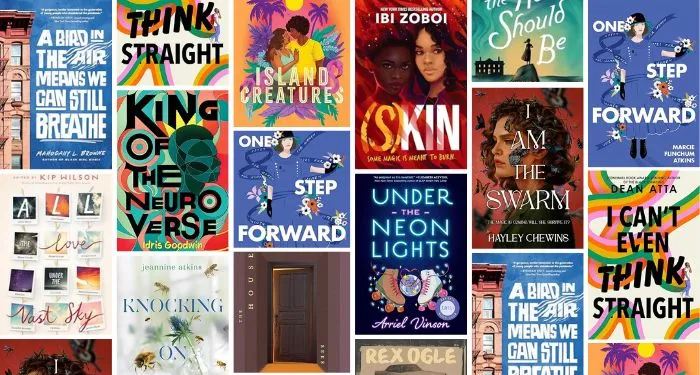

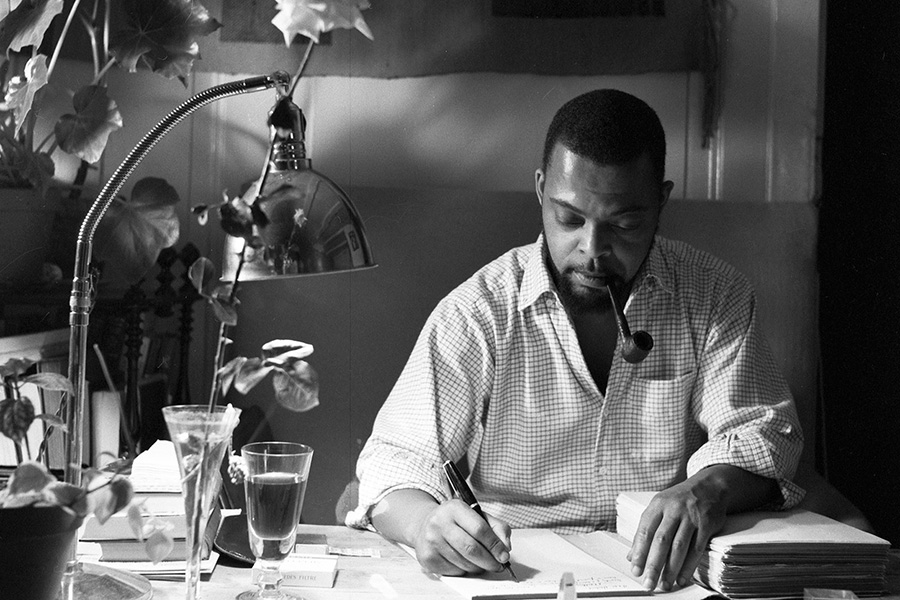



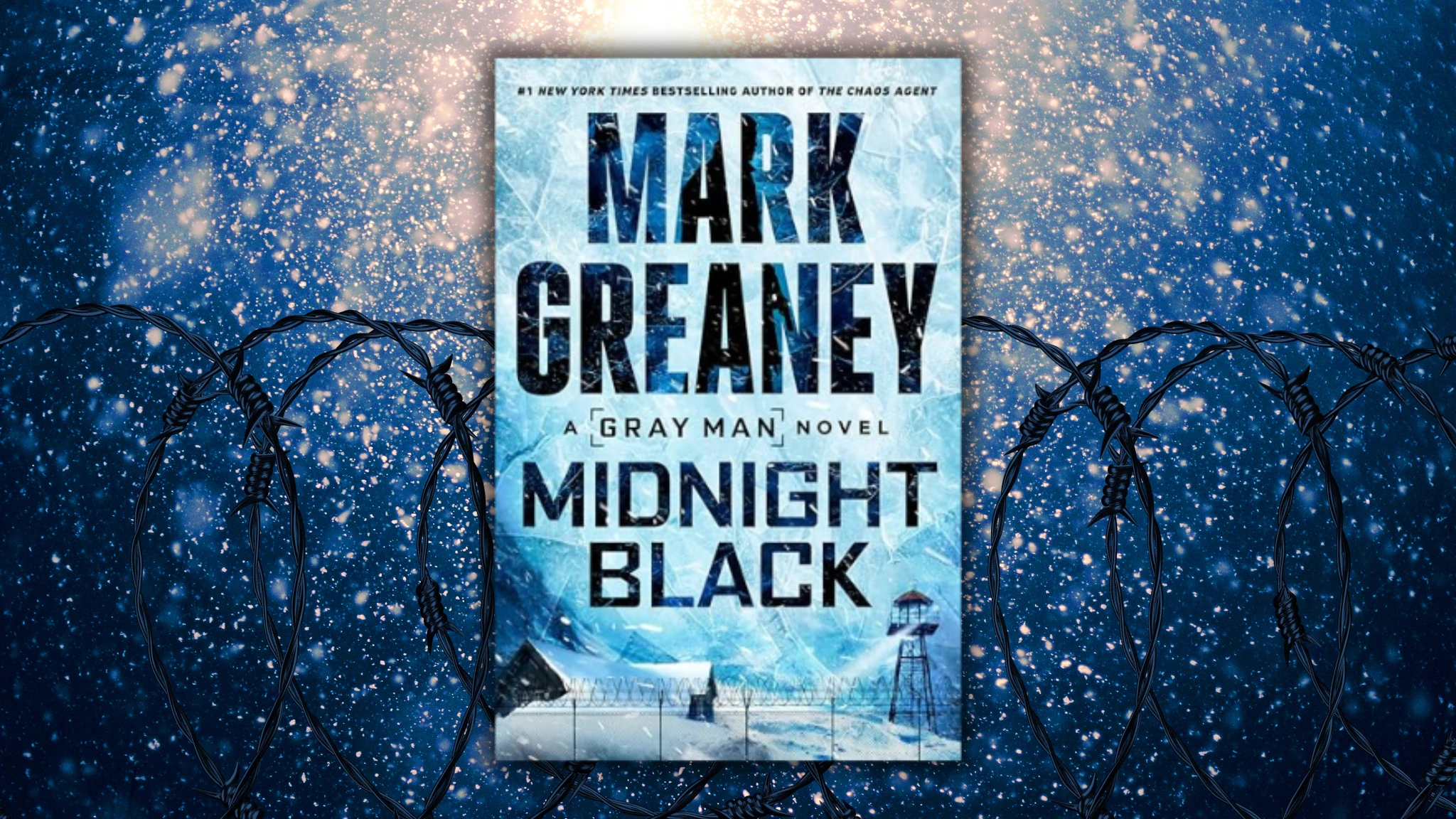



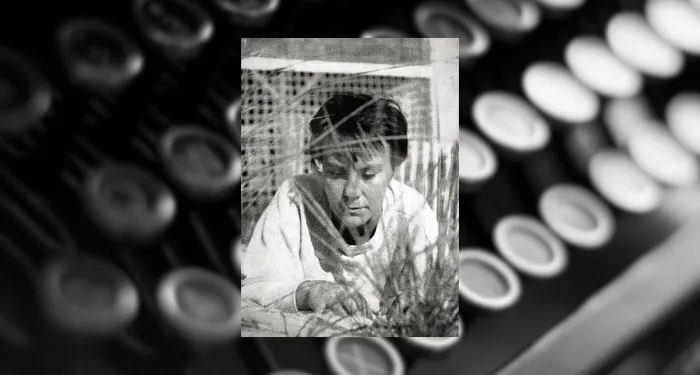
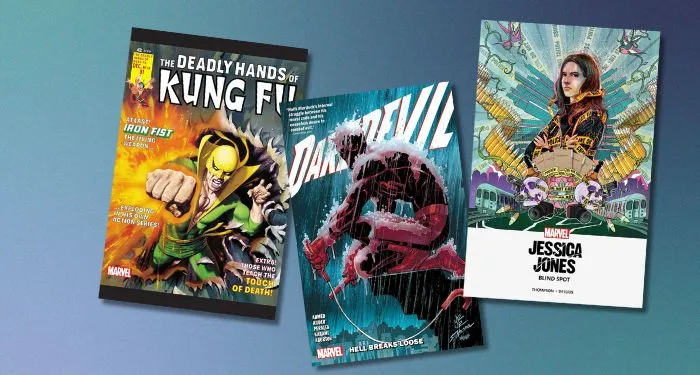
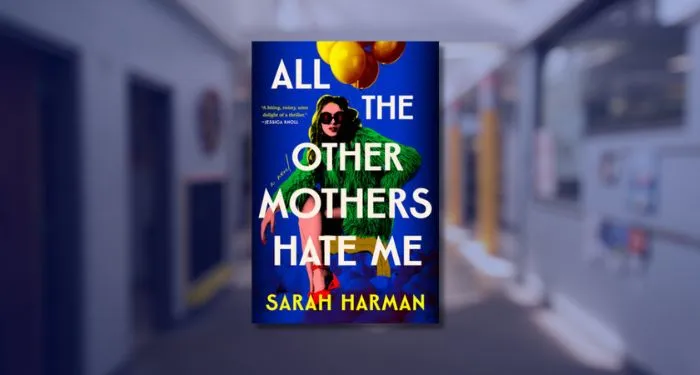
 English (US) ·
English (US) ·